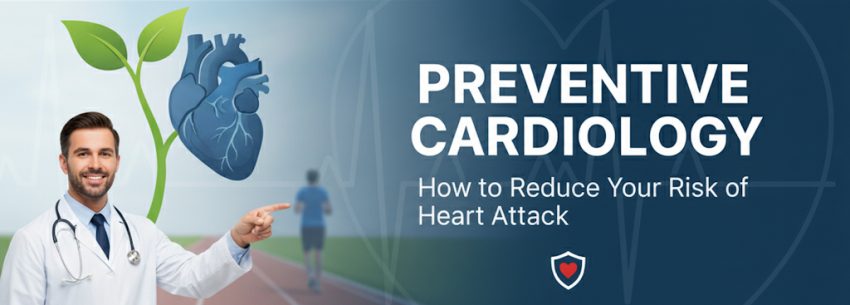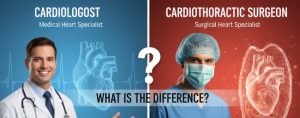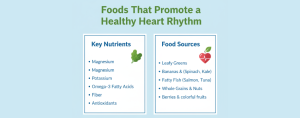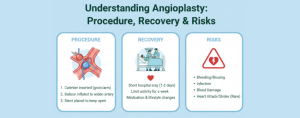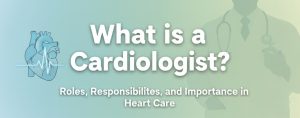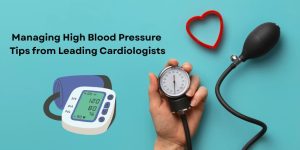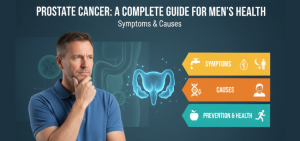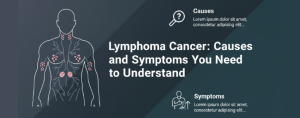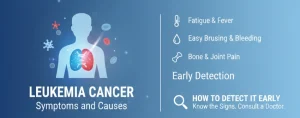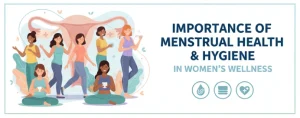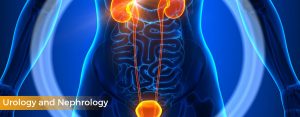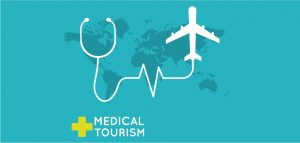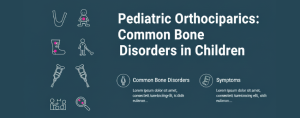Heart disease is still among the leading causes of death worldwide. Some risk factors like age, sex at birth, or a family history of heart conditions can’t be changed. However, there are many lifestyle factors to consider when lowering your chances of experiencing heart attacks.
Preventive cardiology is an area of cardiology that emphasizes the early steps that lower the chances of developing heart disease or make existing problems less likely to worsen.
This blog covers real-world heart attack prevention strategies—from eating a healthier diet to the importance of attending a regular heart check-up—so you have a clearer understanding of how preventive cardiology helps maintain a healthy heart over the long haul!
What is Preventive Cardiology?
Preventive cardiology is a branch of medicine dedicated to lowering the risk of heart disease through lifestyle modifications, screening tests, and when necessary, medication.
Unlike conventional cardiology, which manages heart problems after they occur, preventive cardiology aims to delay or avoid serious events like heart attacks. This proactive approach supports healthier living and reduces the long-term burden of cardiovascular disease.
Understanding Heart Attack: Causes and Risk Factors
A heart attack happens when blood flow to the heart muscle is blocked, often due to plaque buildup in the coronary arteries. This blockage deprives the heart muscle of oxygen, causing damage.
Common causes include:
- Narrowed or blocked arteries (atherosclerosis)
- High blood pressure
- High cholesterol
- Blood clots
Major risk factors include:
- Age
- Smoking
- Diabetes
- High cholesterol
- Obesity
- Sedentary lifestyle
- Family history of premature heart disease
Key Strategies for Heart Attack Prevention
Adopt a Heart-Healthy Diet
Eating the right foods is central to heart attack prevention. A heart-healthy diet includes:
- Fruits, vegetables, and whole grains
- Lean proteins such as fish, beans, and legumes
- Healthy fats like olive oil, nuts, and avocados
It is important to reduce foods high in sodium, refined sugar, trans fats, and processed meats. Learning to read nutrition labels can help identify hidden salt and sugar.
Get Regular Physical Activity
Exercise strengthens the heart and helps manage weight, cholesterol, and blood pressure. Aim for:
- 150 minutes per weekof moderate aerobic activity (brisk walking, cycling)
- 75 minutes per weekof vigorous activity (running, aerobics)
- Strength training at least twice a week
Incorporating movement into daily routines—like taking stairs, walking the dog, or gardening—also benefits heart health.
Maintain a Healthy Weight
Excess weight, especially around the abdomen, raises the risk of high blood pressure, diabetes, and cholesterol problems. Body mass index (BMI) and waist circumference are key measures. Even modest weight loss of 3–5% can lower risk factors significantly.
Manage Stress Effectively
Chronic stress can increase blood pressure and contribute to unhealthy coping habits. Helpful stress-relief methods include mindfulness, yoga, meditation, journaling, or engaging in hobbies. Social support and professional therapy can also play an important role.
Get Enough Quality Sleep
Adults need 7–9 hours of sleep per night. Poor sleep raises the risk of obesity, high blood pressure, and diabetes—all linked to heart disease. A consistent schedule, reduced screen time before bed, and a quiet, dark room can improve sleep quality.
Quit Smoking Immediately
Smoking damages blood vessels, reduces oxygen in the blood, and forces the heart to work harder. Quitting brings immediate and long-term benefits:
- Within 24 hours, heart disease risk starts to drop
- After a year, the risk of heart disease is about half that of a smoker
Avoiding second-hand smoke is equally important.
Limit Alcohol Consumption
Excessive alcohol raises blood pressure and risk of arrhythmias. Moderation is key:
- Women: up to 1 drink per day
- Men: up to 2 drinks per day
However, it is always better to avoid alcohol consumption. Alternatives such as sparkling water or herbal teas can replace alcohol in social settings.
Also Read – World Hypertension Day 2025: Diagnosis, Treatment & Myths around Hypertension
Regular Health Screenings & Medication (If Needed)
Routine tests help detect risks early:
- Blood pressure
- Cholesterol levels
- Blood glucose (for diabetes)
Even if you feel well, regular check-ups are essential. If required, doctors may prescribe medication to control blood pressure, cholesterol, or diabetes. Always follow medical advice before starting any therapy.
Stay Informed and Aware
Understanding personal risk factors like age, family history, or existing health conditions empowers better decisions. Recognising early symptoms such as chest pain, shortness of breath, or dizziness can prompt timely medical attention.
Special Considerations by Age and Gender
- Men and women may experience different heart attack symptoms. Women, for example, are more likely to have nausea, fatigue, or jaw pain instead of classic chest pain.
- In your 30s and 40s: focus on managing lifestyle risks such as smoking or poor diet.
- In your 50s and beyond: screenings become even more important, along with monitoring existing conditions like hypertension or diabetes.
The Role of Your Doctor in Preventive Cardiology
Doctors play a crucial role in assessing risks, conducting screenings, and prescribing treatments when needed. They may recommend medications like statins for cholesterol or advise on aspirin use depending on your risk profile.
Regular visits help in creating a personalised plan that supports long-term heart health.
Common Myths About Heart Attack Prevention
- Myth: Only older people get heart attacks.
Fact: Younger adults with poor lifestyle habits or genetic risks can also experience heart attacks. - Myth: Taking medication alone prevents heart disease.
Fact: Medicine helps, but lifestyle changes remain essential. - Myth: Exercise must be intense to benefit the heart.
Fact: Even light daily activity reduces risk. - Myth: Heart attack pain occurs on the left side of the chest.
Fact: Pain due to heart attack can occur anywhere from the jaw to the umbilicus (navel).
When to Seek Immediate Medical Help
Seek urgent medical care if you experience:
- Chest pain or pressure
- Shortness of breath
- Pain radiating to the arm, jaw, or back
- Sudden dizziness or fainting
Prompt treatment during a heart attack can save life and reduce damage to the heart muscle.
Also Read – Heart Attack at a Young Age
Conclusion
Preventive cardiology gives people the tools they need to take charge of improving heart health. With appropriate diet, exercise, stress management, sleep and access to health services, the number of heart attacks can be reduced dramatically.
These heart attack prevention tips
assume that big changes can happen from small, habitual changes. Reach out to your physician for individualized information and direction for each of these suggestions, as prevention is still your best option for protecting your heart.
Frequently Asked Questions
1. What are the early signs of a heart attack?
Chest pain or pressure, shortness of breath, pain radiating into the arm, neck, or jaw, light-headedness, and nauseous feelings are common signs of a heart attack. The specifics may differ from person to person, and based on the above warning signs, if you are in doubt, everyone should call for help immediately.
2. How often should my cholesterol be checked?
Most adults should have their cholesterol checked every 4–6 years. However, if you have any risk factors such as diabetes, hypertension, or a family history of heart disease, then your doctor may recommend more frequently based on your individual risk factors.
3. Can stress really cause a heart attack?
Stress can certainly increase blood pressure, create adverse behaviours, and add to risk for heart disease. Acute stress condition may contribute to a heart than leads a person with heart disease to experience a heart attack.
4. Is aspirin safe to take daily to prevent heart attacks?
Daily aspirin use is not suitable for everyone. It may help some people at high risk of heart disease, but it can also increase bleeding risk. Always speak with your doctor before starting aspirin therapy.
5. Are women’s heart attack symptoms different from men’s?
while females may notice atypical symptoms (such as nausea, jaw pain, fatigue, or shortness of breath), and not the “typical” chest pain, awareness and early recognition is paramount.
Medically Reviewed by — Dr. Ritesh Sanguri (Associate Director – Cardiology)
